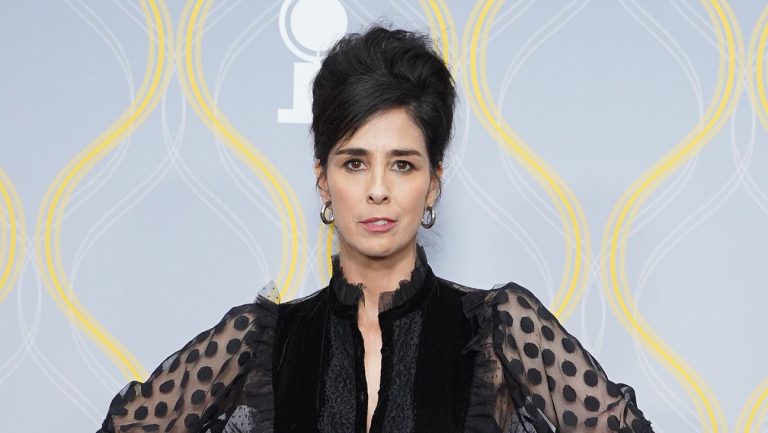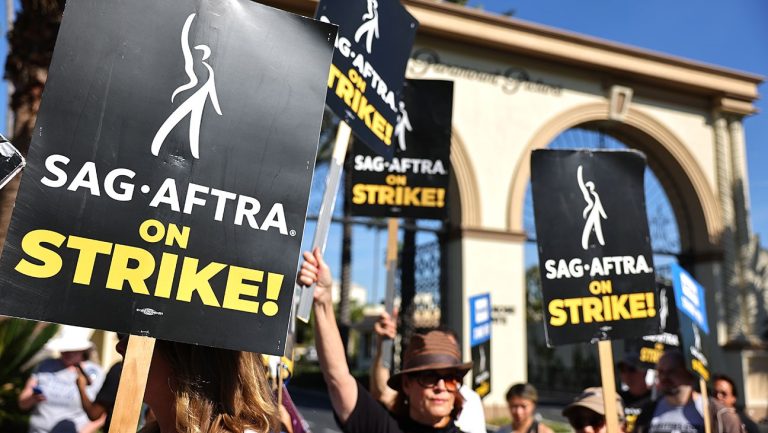YouTube TV subscribers filed a class action lawsuit accusing Disney of essentially operating the business as a single entity, which has allowed it to drive up prices for live-streaming pay TV services across the board.
As a brighter spotlight is being put on Disney‘s role as a content supplier and distributor amid labor disputes, a federal judge has ruled that the entertainment monolith must face an antitrust lawsuit accusing it of illegally taking advantage of its dual position in business dealings.
The proposed class action took aim at Disney’s ownership of Hulu, the country’s second-largest live-streaming pay TV provider, and ESPN, cable’s most expensive channel controlled by Disney that’s widely regarded as the driver of price hikes for consumers over the past decade. A federal judge on Saturday found that company must face allegations that it manages the businesses as a single entity, with the aim of negotiating anti-competitive agreements with rivals that have inflated the cost of live TV streamed over the internet.
Not only could Disney’s stewardship of the companies have reduced consumer choice and increased subscription prices, U.S. District Judge Edward Davila concluded that Disney may have enough control over the live-streaming pay TV market to impair competition. He pointed to its ability to “prevent or retard entry” of competitors by “mandating onerous terms or by outright refusing to license live television content.”
The lawsuit was filed last year by YouTube TV subscribers, who claimed that Disney pushed up prices across the industry by raising the cost of its own offerings. Since Disney acquired a majority stake in Hulu in 2019, prices for live-streaming pay TV have shot up, according to the complaint, which noted that the trend was led by Hulu + Live TV. The thrust of the claims were focused on inflated prices passed on to consumers through contractual requirements with competitors — including AT&T’s DirectTV and Dish’s Sling TV — mandating them to carry ESPN as part of the cheapest bundle they offer and the imposition of so-called most favored nation clauses, which ensure that ESPN affiliate fees negotiated with any given competitor represent an industrywide price floor.
While the judge said that these terms could harm consumers, Davila found that they likely don’t constitute violations of antitrust law since they do “not state a cognizable injury to competition.” However, he concluded Disney’s “infrastructure and agreements have produced barriers to entry” to support plaintiffs’ claims.
To enter the live-streaming pay TV market, a company must enter into enough carriage agreements with cable providers to secure a critical mass of channels. In this scenario, Disney would be incentivized not to do business with that firm since doing so could undercut its position in the market, according to the order.
Securing these and other agreements, Davila said, is “slow and costly.” And not only must potential competitors negotiate with large cable providers like Disney and NBCUniversal, they also have to secure local TV channels, which are mostly controlled by a web of companies with complicated carriage and transmission rights that must be acquired.
Additionally, the order pointed to infrastructure hurdles to compete with Disney. For example, a company must maintain expensive servers with significant computing power capable of processing high-resolution video with sufficient bandwidth to deliver video content over the internet. Disney was able to quickly and cheaply enter the market because it was able to use Hulu’s preexisting streaming infrastructure, Davila reasoned.
The proposed class action, which looks to represent roughly 5 million YouTube TV subscribers, seeks an injunction barring Disney from further engaging in anti-competitive practices. Davila ruled they won’t be able to get damages since the lawsuit targets agreements in which Disney doesn’t directly compete with companies at the same level of the supply chain, though plaintiffs can amend that claim.
BY WINSTON CHO







